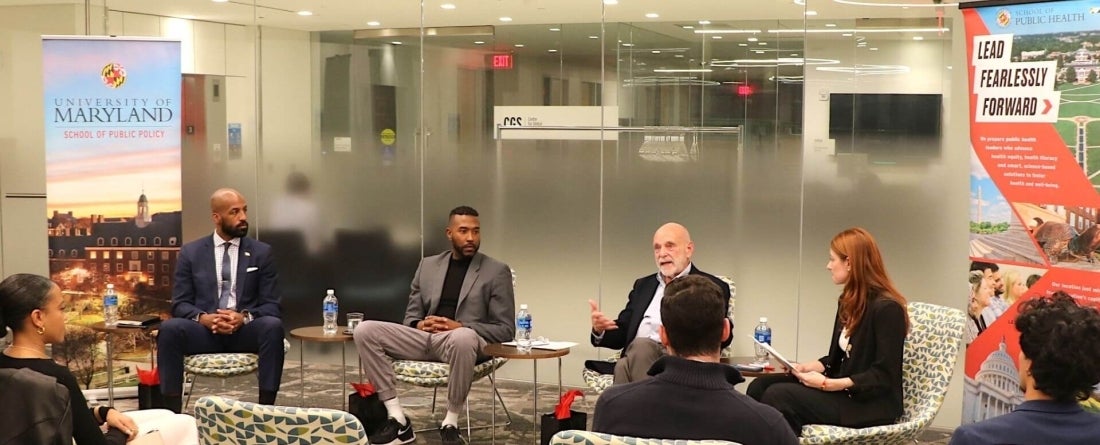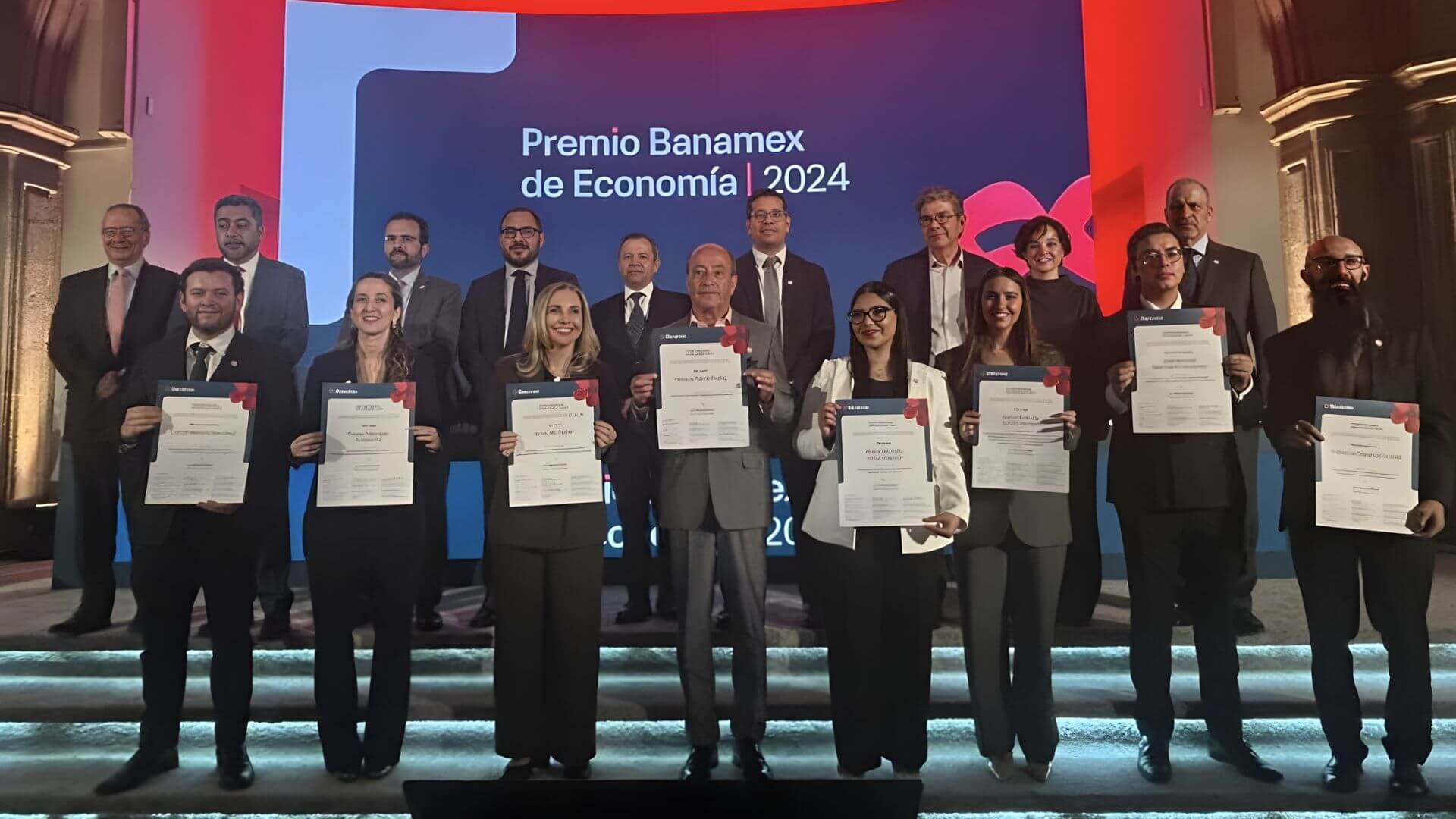
The School of Public Policy Alumni Network recently hosted an event on gun violence in partnership with the School of Public Health Alumni Network. The panel, including experts from various fields, discussed the intersectional impact of gun violence in post-COVID-19 Maryland and its social and political effects. The conversation took place in Thurgood Marshall Hall and revolved around community safety, mental health and the normalization of firearms through policy.
Panelists included Professor of the Practice in Family Science Woodie Kessel from the School of Public Health, Senior Lecturer Jason Nichols from the Department of African American Studies and Councilman and former graduate from the School of Public Policy, Mark Conway ‘13, representing Baltimore City District 4. The event was moderated by Jameson Roth ‘17, president of the School of Public Health Alumni Network.
The panel discussed how the COVID-19 pandemic has contributed to gun violence, particularly affecting mental health. Kessel highlighted the rise in youth suicides and Conway noted increased youth violence. Nichols emphasized the erosion of trust in Black communities and the impact on healthcare and vaccination acceptance.
On the issue of societal norms and the values of weapons, panelists discussed the ways in which both of these factors contribute to gun violence. Each agreed that the normalization of guns in pop culture has caused firearms to become normalized within society. Nichols recounted a childhood memory that highlighted how his grandfather's influence and teaching on the power and seriousness of guns shaped his perspective. Conveying his personal stance, Nichols explained that he refrains from allowing his children to play with toy guns because guns should never be trivialized. With this, Kessel suggested that the normalization of guns has desensitized us as a society surrounding gun violence.
Highlighting the media’s role in shaping the narrative of gun violence, Kessel emphasized the media’s tendency to point to mental health and crime as primary factors influencing gun violence while neglecting to focus on the weapons themselves. Kessel also called on the media to initiate a dialogue on the issue of weapons and their distribution which would pave the way for meaningful and impactful change.
Regarding policy implications, the panel agreed that guns are deeply embedded in American culture but called for stricter regulations. Conway suggested deterrence policies, limits on approvals and storage safety for sellers. Nichols stressed the importance of application approvals.
Looking at the criminal justice system and underlying factors contributing to gun violence such as mental health, inequality, poverty and stigmas, the panelists advocated for a shift from punitive to rehabilitative and reintegrative approaches.
In order for Maryland to make progress in combating gun violence, Conway highlighted the importance of accessible, evidence-based data that is correctly and intricately interpreted for policy solutions. Kessel highlighted President Pines’ collaborative efforts with University departments such as the School of Public Health, the School of Public Policy, the School of Behavioral and Social Sciences and the A. James Clark School of Engineering to tackle gun violence, signaling the University’s commitment to finding solutions and solving critical issues such as this one.
This event provided a valuable space for deep discussion on the societal factors contributing to the gun violence epidemic. Experts from diverse fields proposed intersectional and actionable policy recommendations and underscored the University’s commitment to crafting effective policies through collaborative research. These efforts aim to enhance the safety and overall quality of life in our communities.



